
SCHAUMBURG, Ill. — The question of the day, on the first day of the Midwest Association of Rail Shippers Winter Meeting, is probably one being asked in one form or another at every business in the United States — or that does business with the U.S. What about tariffs? The consensus during today’s first day […]
Read More…

WASHINGTON – The Surface Transportation Board today issued a decision partially granting complaints filed by the North America Freight Car Association and several other associations and individual shippers regarding Union Pacific’s charges for the movement of empty, privately owned tank cars to repair facilities. The decision clarifies UP’s obligations regarding charges moving forward and directs […]
Read More…
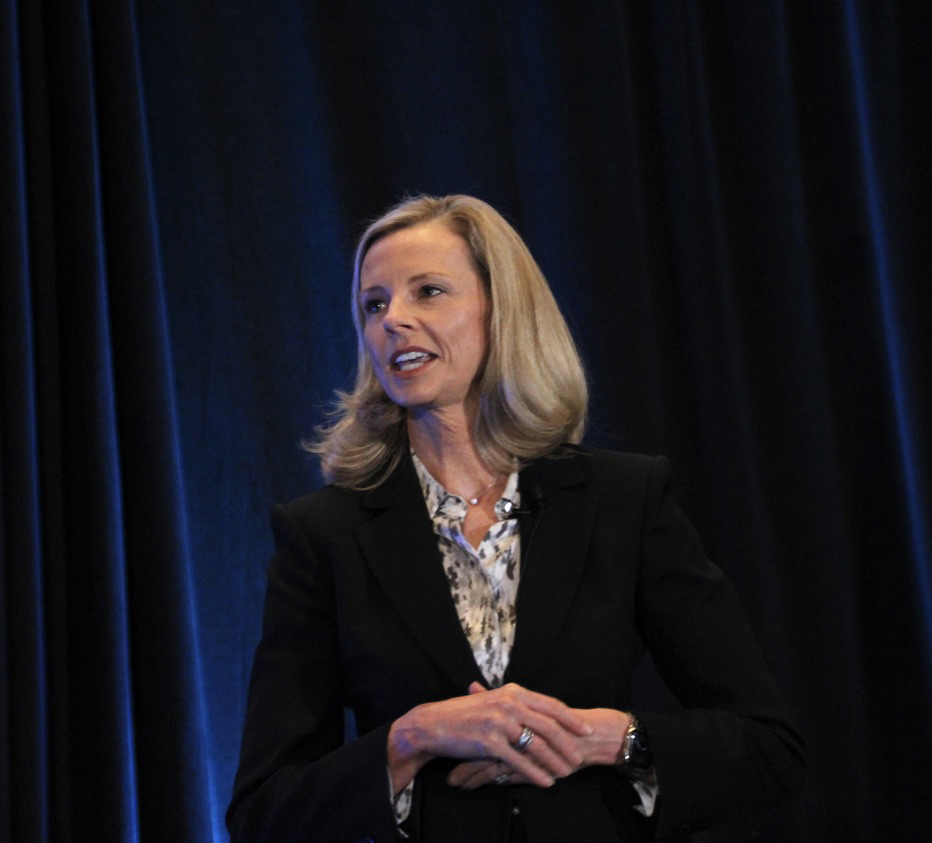
SCHAUMBURG, Ill. — The power of data, or more accurately, of well-used data, may not have explicitly been the topic of BNSF Railway CEO Katie Farmer’s presentation at the Midwest Association of Rail Shippers’ Winter Meeting. But it was a recurring theme with several subjects she touched on as part of her morning keynote address […]
Read More…
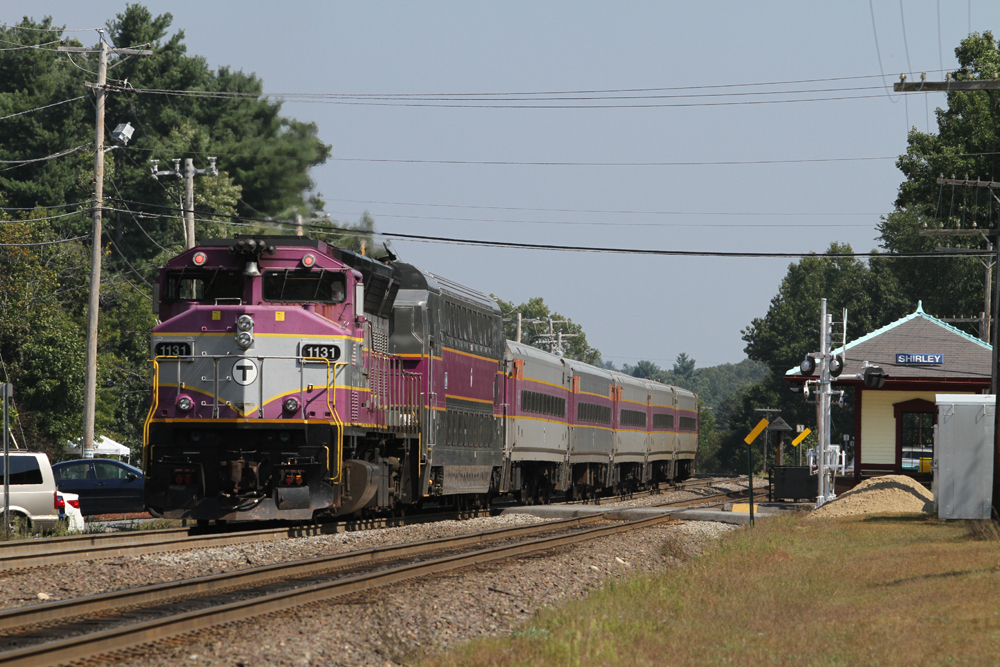
Members of the International Association of Sheet Metal, Air, Rail and Transportation Workers’ Mechanical and Engineering Department (SMART-MD) have voted to ratify a new contract agreement, the National Carriers Conference Committee announced yesterday. SMART-MD is the fifth national agreement ratified, following agreements reached by the National Conference of Firemen and Oilers, Transportation Communications International Union, […]
Read More…
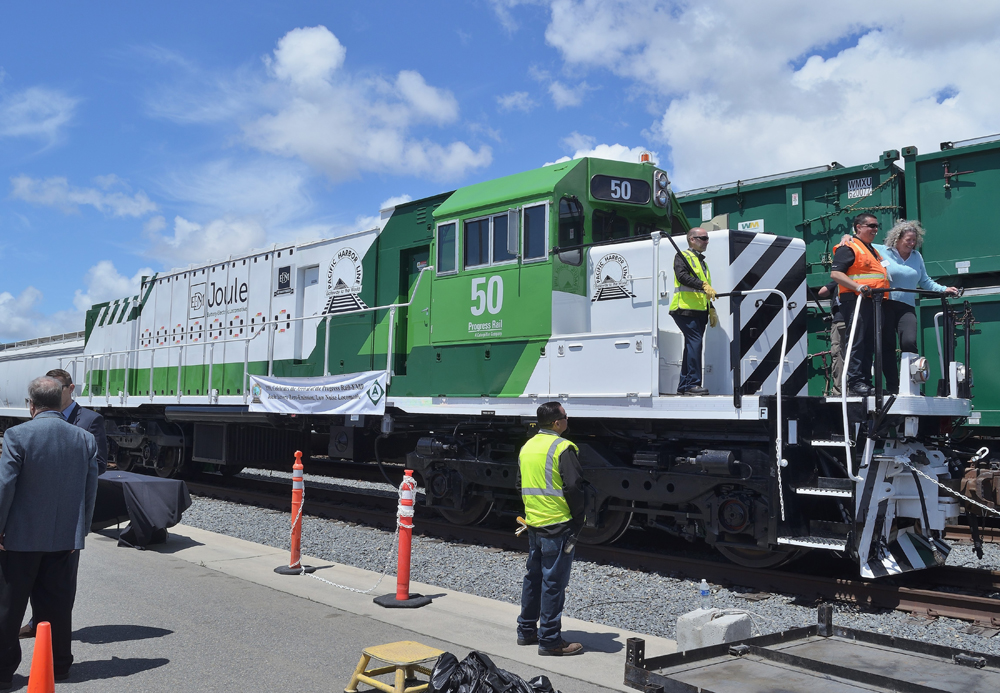
SACRAMENTO – The California Air Resources Board has scrapped its controversial rule that would have required the use of zero-emissions locomotives in the state beginning in 2030. The board, or CARB as it’s known, informed the U.S. Environmental Protection Agency this week that it was withdrawing its requests to enforce zero-emissions rules covering trucks and […]
Read More…
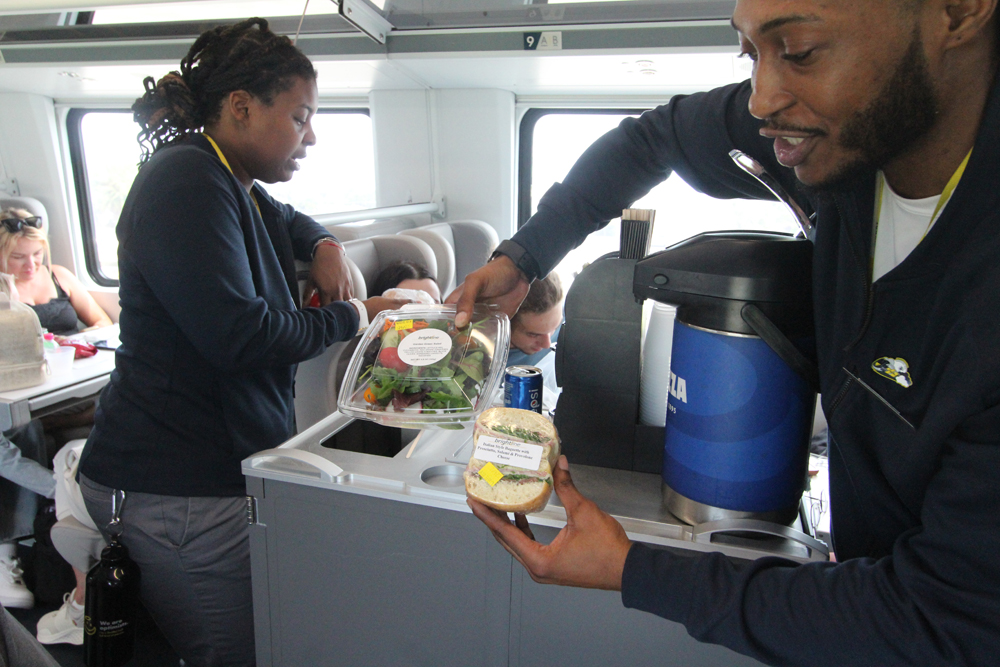
WASHINGTON — Onboard attendants at Brightline have voted to join the Transport Workers Union, the union announced Tuesday (Jan. 14, 2025). Mail-in voting concluded Tuesday after beginning on Nov. 27, 2024. The approximately 100 workers who sell food and beverages onboard trains and provide other services between Orlando and Miami voted in favor of unionization […]
Read More…
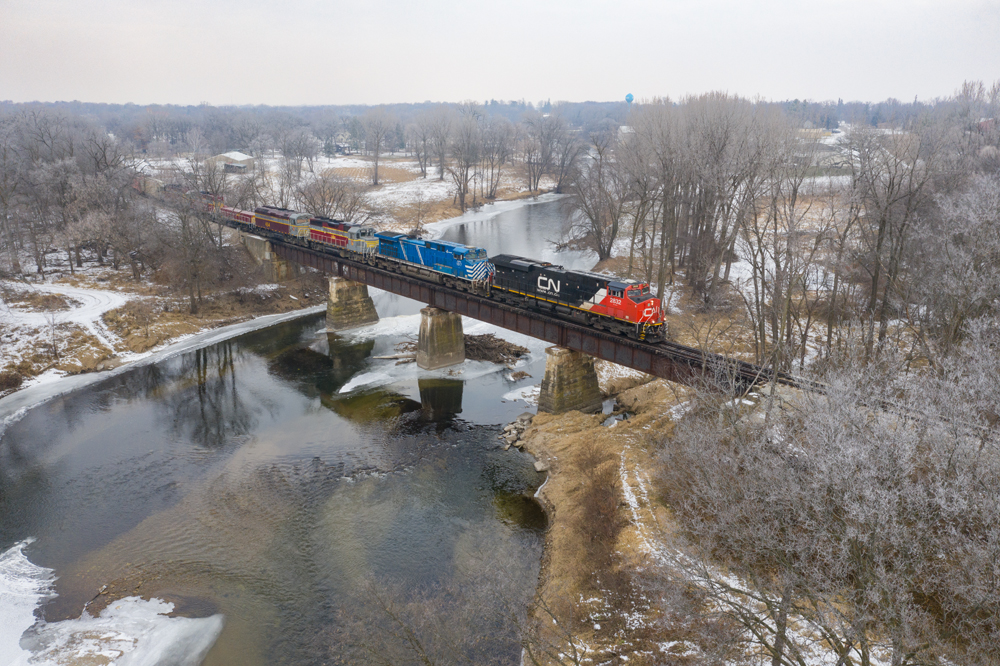
WASHINGTON — The Surface Transportation Board has approved Canadian National’s acquisition of 218-mile regional Iowa Northern Railway. The board’s decision today (Jan. 15, 2025) also imposed several conditions to offset potential anticompetitive aspects of the $230 million deal. Among them: The development of a scheduled local service plan, keeping gateways open on commercially reasonable terms, […]
Read More…

PITTSBURGH — Wabtec Corp. will acquire the Inspection Technologies division of Evident Scientific for $1.78 billion, Wabtec announced today (Jan. 14, 2025). The acquisition adds advanced automated inspection capabilities to Wabtec’s portfolio. Inspection Technologies provides nondestructive testing, remote visual inspection, and analytical instrument products. The company has more than 1,300 employees at four engineering and […]
Read More…
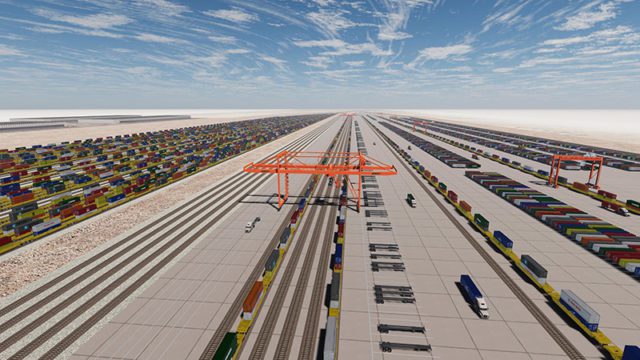
BARSTOW, Calif. — The federal Bureau of Land Management has approved sale of almost 30 acres of public land to BNSF Railway for its planned Barstow International Gateway intermodal and logistics facility. The Victorville Daily Press reports the land, valued at $98,000, was ruled to be suitable for private sale. The propery is isolated, surrounded […]
Read More…

WASHINGTON — A bill that would require Amtrak to disclose information on base pay and bonuses for some of its executives has passed the House of Representatives. H.R. 192, sponsored by U.S. Rep. David Rouzer (R-N.C.), would require the bonus information to be available on Amtrak’s website, along with the criteria used to determine bonuses, […]
Read More…
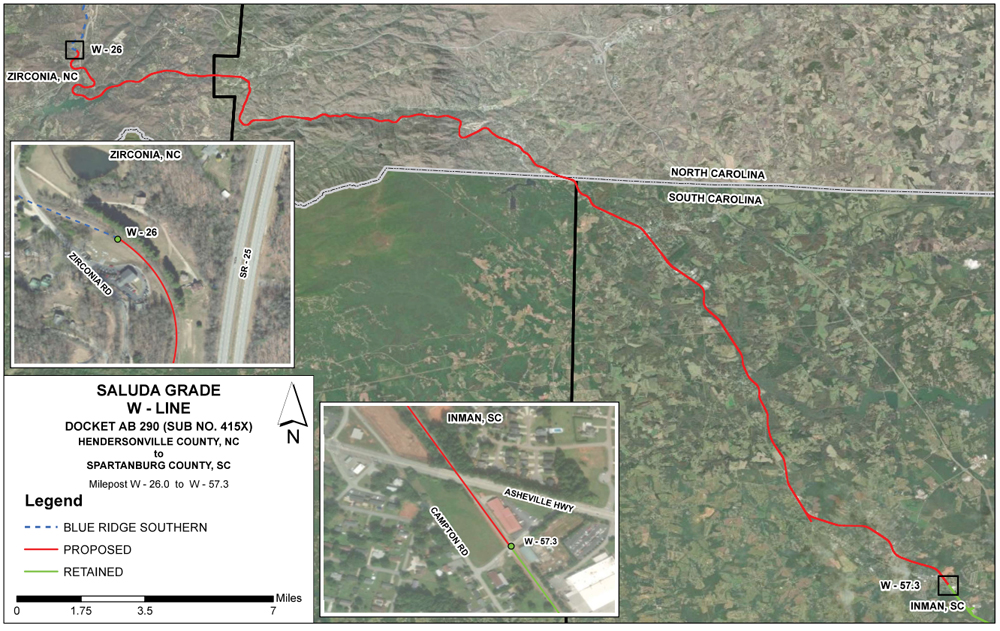
SPARTANBURG, S.C. — The organization seeking to buy the Saluda Grade from Norfolk Southern for conversion to a trail will pay $31.5 million — $1 million a mile — for the route between Zirconia, N.C., and Inman, S.C., the Spartanburg Post and Courier reports. The states of North Carolina and South Carolina will each contribute […]
Read More…
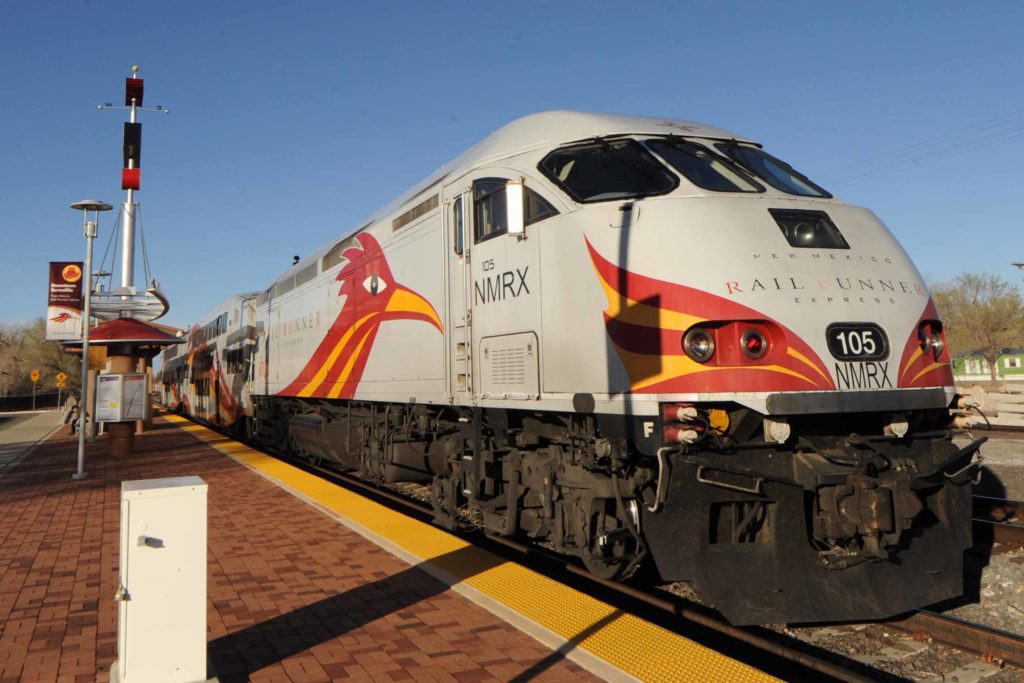
WASHINGTON — The agency overseeing the New Mexico Rail Runner commuter operation has received a $22.4 million grant for a new maintenance facility. The grant, from the Department of Transportation’s Rebuilding American Infrastructure with Sustainability and Equity (RAISE) program, is among nine announced Monday (Jan. 13, 2025) by members of New Mexico’s congressional delegation. Also […]
Read More…












